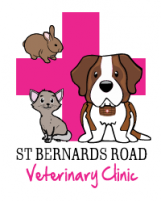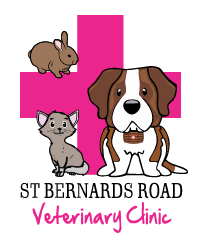Caring for your Pets
Dog Care Articles
Parvovirus Infection
Regular outbreaks of this fatal disease in Adelaide
Canine parvovirus (commonly known as "parvo") is a serious viral infection that mainly affects puppies and unvaccinated adult dogs. The virus spreads easily through contact with infected dogs, their faeces and contaminated environment. Parvo can lead to severe gastrointestinal issues, dehydration, and in some cases, death if not treated promptly.
Symptoms of Parvovirus
Recognising the signs of parvovirus is essential for getting timely treatment.
Common signs include:
- Severe vomiting
- Profuse diarrhoea (often bloody)
- Loss of appetite
- Lethargy & Weakness
- Fever
If your dog shows any of these signs, seek veterinary care immediately. The sooner the virus is diagnosed, the better the chances for recovery.
How to protect your Dog
Vaccination is the most effective way to protect your dog from parvovirus. Keeping your dog's vaccinations up to date is the best defence against this potentially fatal virus.
Puppies should receive their first vaccination at 6-8 weeks of age, followed by another two vaccinations at 10 weeks and 14 weeks of age.
Adult dogs are given an annual vaccination to maintain immunity and protect against parvovirus and other contagious diseases.
What to do if your Dog has been exposed
If you suspect your dog has been exposed to an infected dog or if you notice any signs of parvovirus it is important to isolate your dog from other dogs and contact us immediately. Early teatment is critical and we can provide options to help manage the symptoms and improve your dog's recovery chances.

December 2024 - Parvovirus outbreak in Adelaide - is your dog protected?

Home | Our Team | Caring for your Pets | Pet Products |
| FAQ | Our Patients | Latest News | Our Services
Site design | That's Graphic


